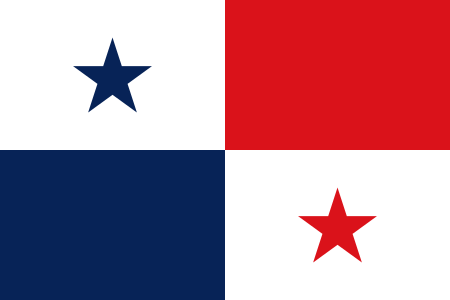Buses, Students, Tech and Models of Care
I continue to be surprised, informed and stimulated by the many contrasts and similarities between nursing and information technology. A constant encounter as a mentor is hearing accounts about student nurses and their learning experience. After 12-18 months since beginning their student career what are student's learning, being taught? And yes: nursing theory and models of care still seem twee, out-of-date, out-of fashion.
Change is inevitable of course; in tech if you are not on-board (as in the web), there is a progression of buses and you can get on at any time. At least I hope that's the case. As Web Design magazine asks: "How will CSS be styling the web in 2017, 2018 or 2019?" So for students there are many university blocks, lectures, clinical placements, mentors...: so many buses. Hopefully they really do get on-board sooner rather than later.
The snapshot of evidence as I have it re. models of care, nursing theory and reflection suggests there is quite a vacuum at a time when there is both a need for a tool like Hodges' model and an opportunity.
There are valuable lessons in the history of models of care while we relish the challenges of the future. Those lessons are still relevant as the nursing community and its practitioners constantly travel between the mechanistic and humanistic forms of knowledge that nursing demands.
Technology changes all the time and with it, the buses, the roads and even the bus stops. Clearly, we need our students to be as well equipped as possible. Not to deal with change, then it is too late. We need future practitioners to be able to critique potential change. This is crucial when future change involves nursing itself and nursing's values.







 orcid.org/0000-0002-0192-8965
orcid.org/0000-0002-0192-8965